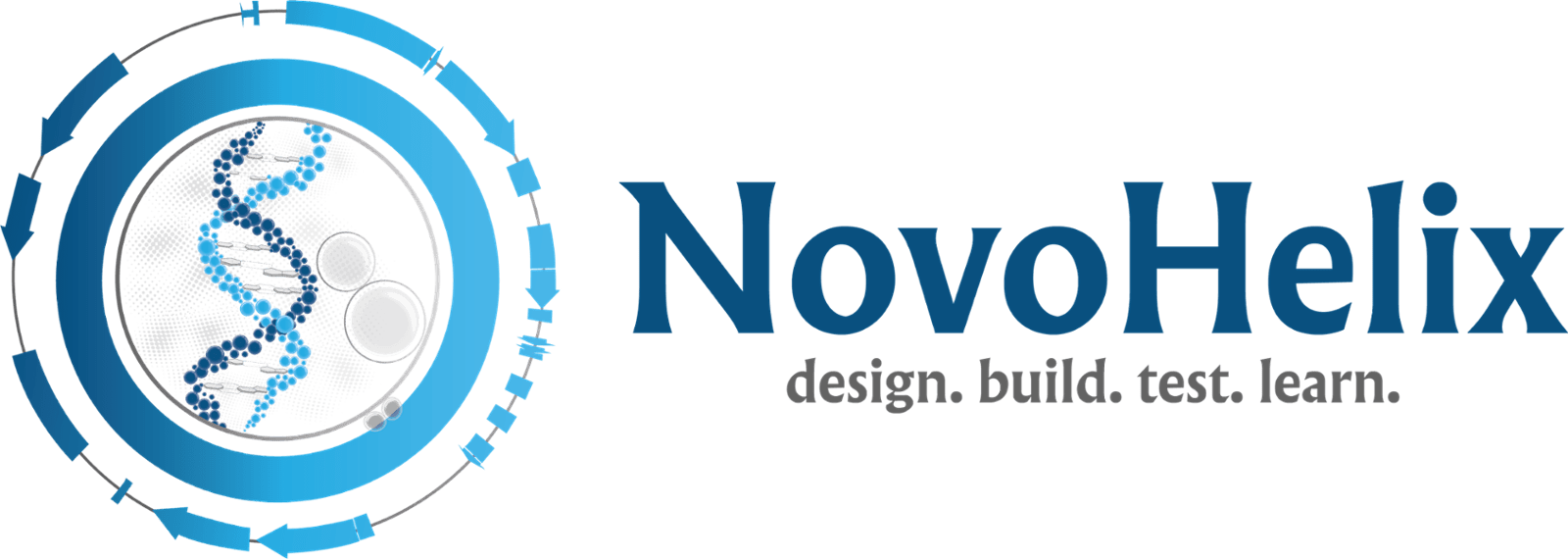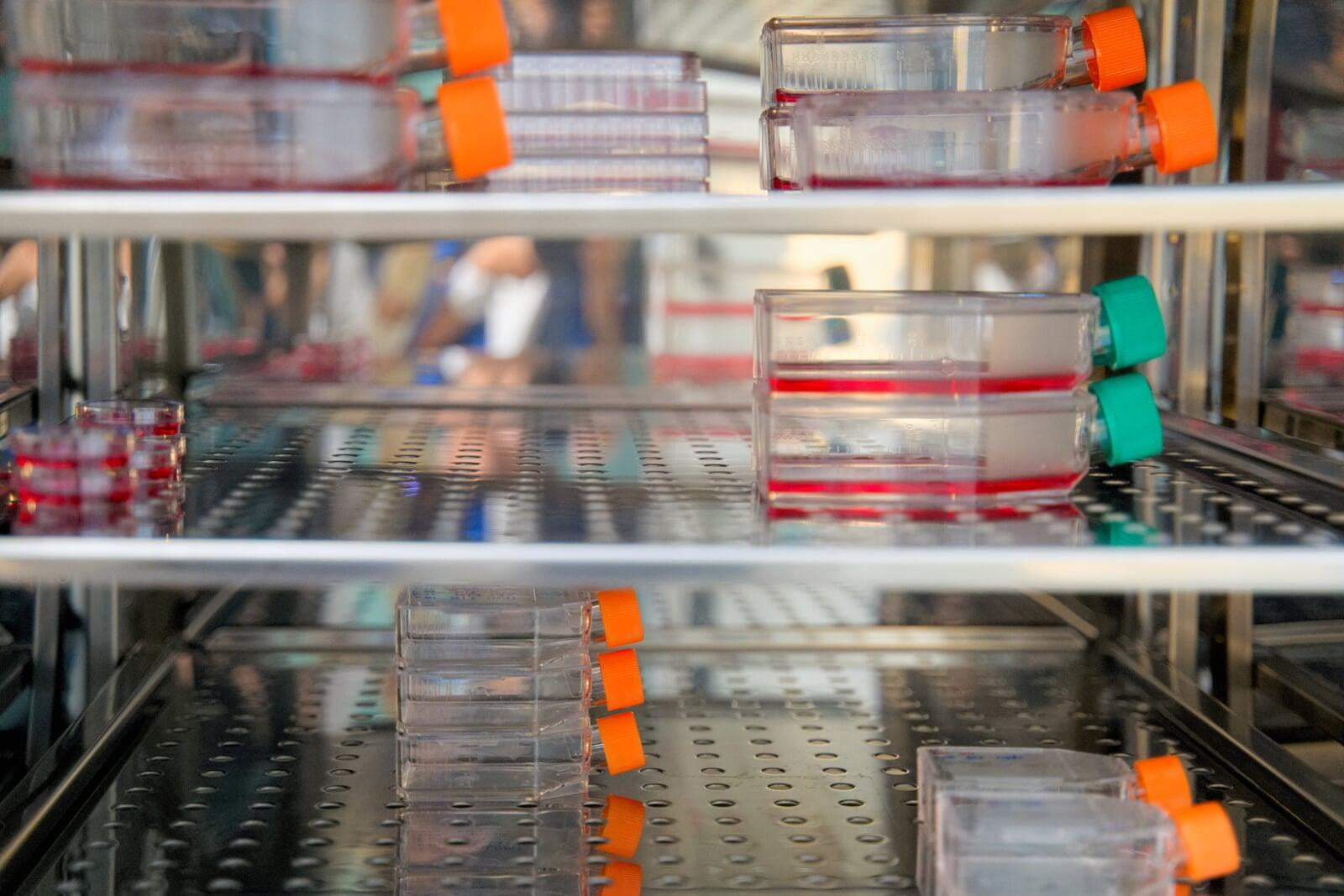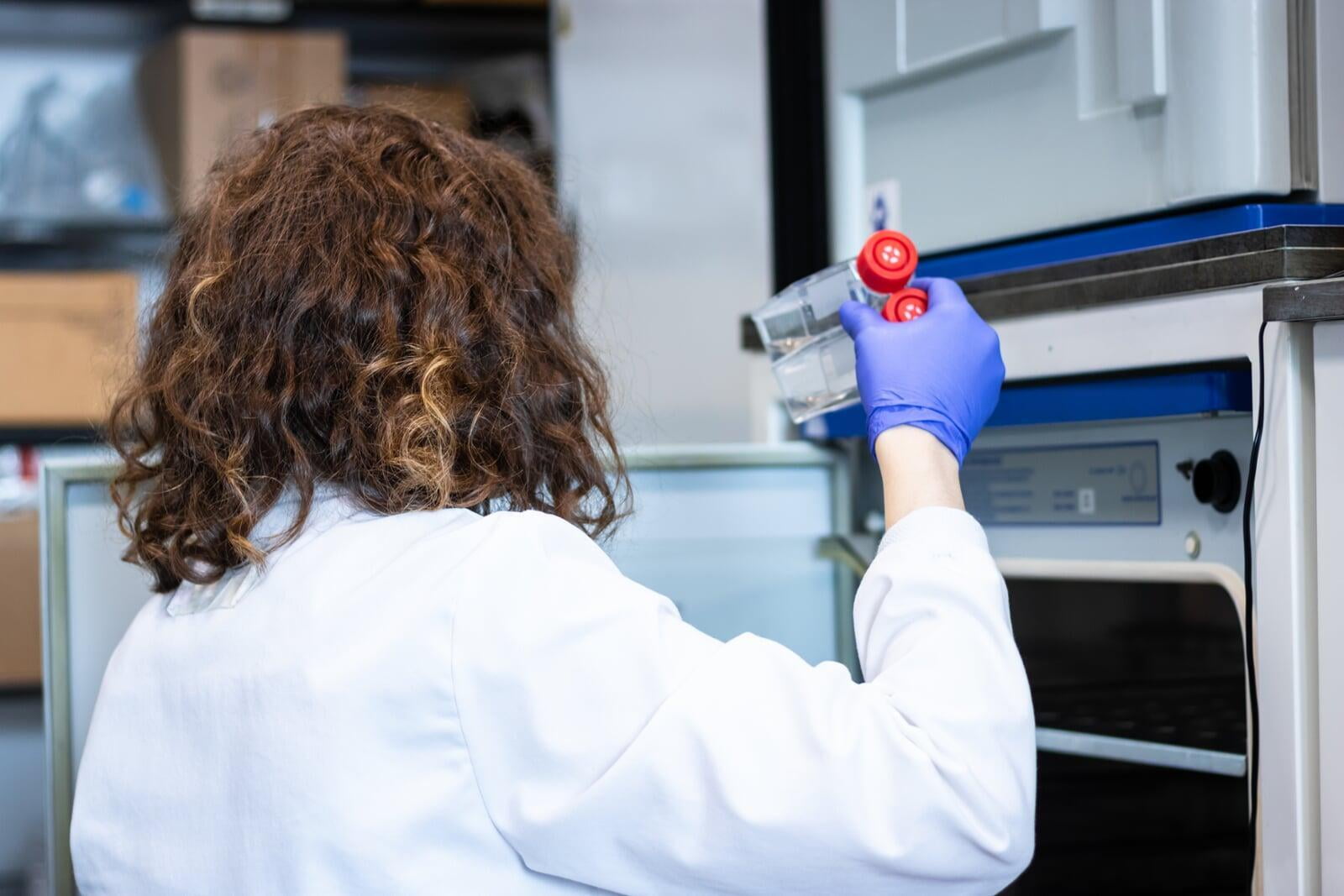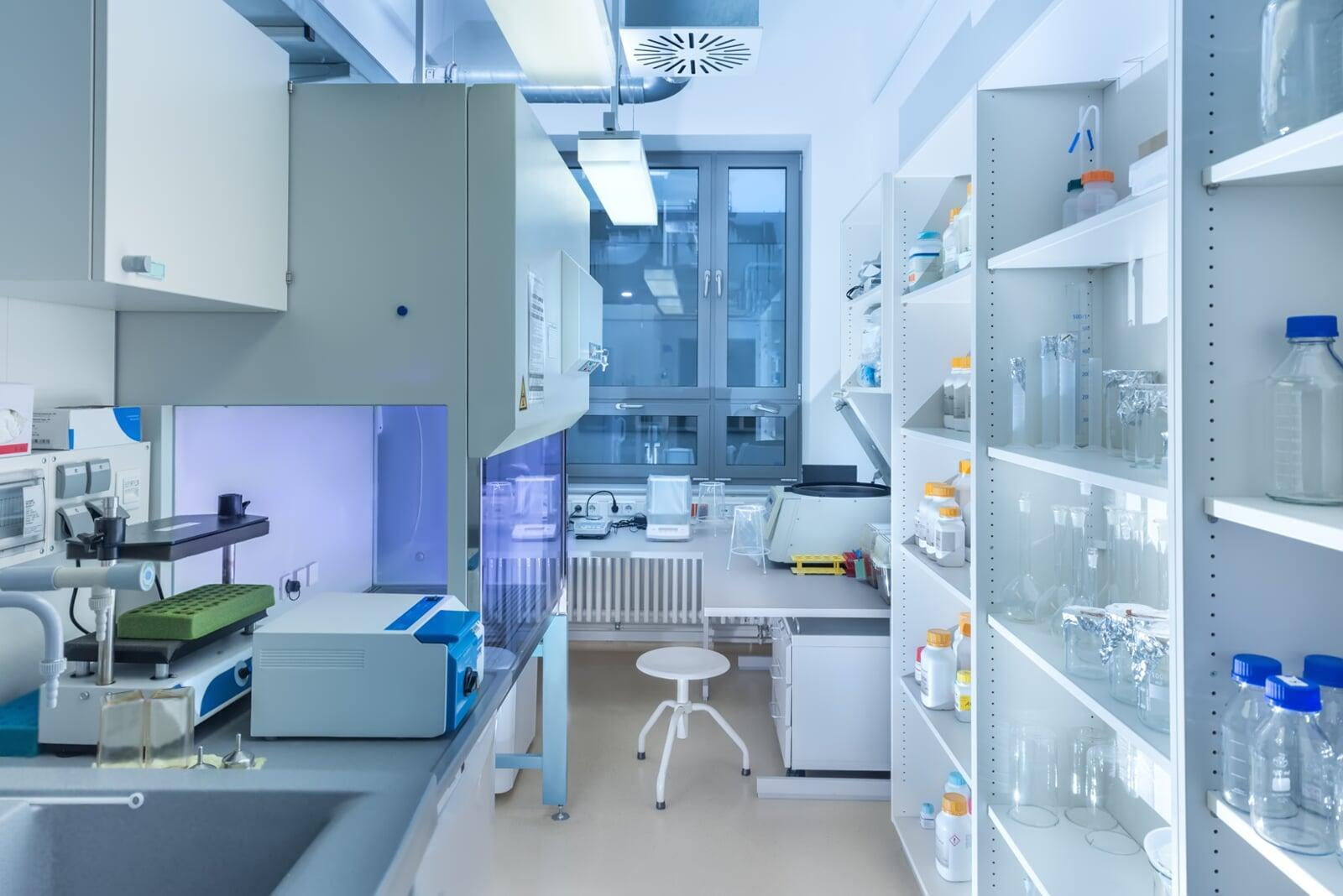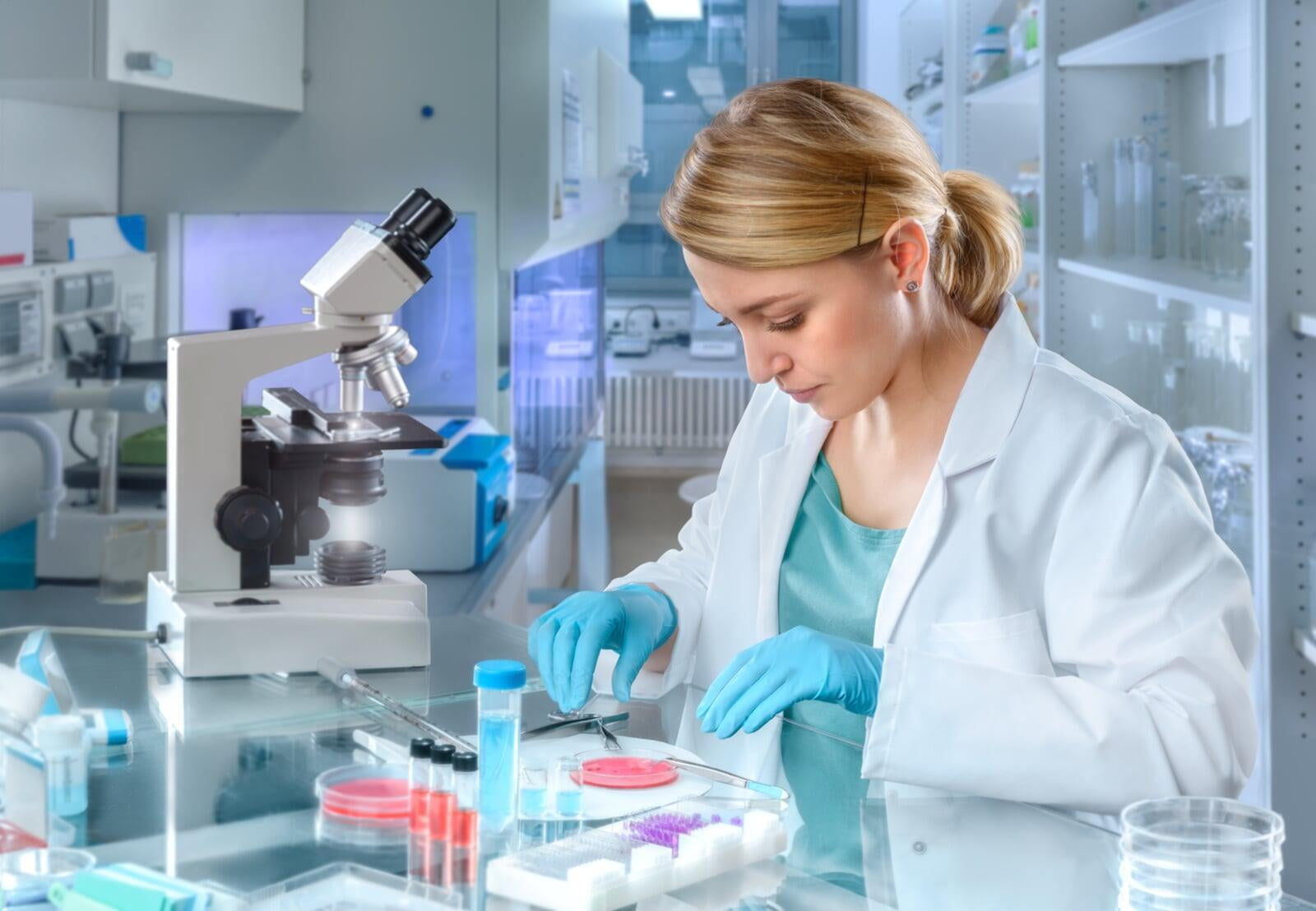cell support services
NovoHelix offers a range of cell services to ensure success of custom ‘disease-in-a-dish’ cell models. These service requests include gamma-irradiation of feeder cells, embryonic fibroblast derivation for co-culture of pluripotent stem cells, primary cell immortalization, and establishment of primary cell lines from elite animals for somatic cell nuclear transfer (SCNT) and genome engineering. We offer flexible modalities including adherent and suspension bioreactors for scalable culture, single-cell cloning and expansion, and colony screening in 96-well or 384-well microplate formats. Although we have not enumerated ever cell service that we offer, please inquire through our online quote portal for requests that are not directly listed.
Service
Catalog Nr
Service Description
Price
Unger C, Felldin U, Nordenskjöld A, Dilber MS, Hovatta O. Derivation of human skin fibroblast lines for feeder cells of human embryonic stem cells. Curr Protoc Stem Cell Biol. 2008 Jun;Chapter 1:Unit 1C.7. doi: 10.1002/9780470151808.sc01c07s5. PubMed PMID: 18770630.
E Michalska A. Isolation and propagation of mouse embryonic fibroblasts and preparation of mouse embryonic feeder layer cells. Curr Protoc Stem Cell Biol. 2007 Oct;Chapter 1:Unit1C.3. doi: 10.1002/9780470151808.sc01c03s3. PubMed PMID: 18785164.
Jaskelioff M, Muller FL, Paik JH, Thomas E, Jiang S, Adams AC, Sahin E, Kost-Alimova M, Protopopov A, Cadiñanos J, Horner JW, Maratos-Flier E, Depinho RA. Telomerase reactivation reverses tissue degeneration in aged telomerase-deficient mice. Nature. 2011 Jan 6;469(7328):102-6. doi: 10.1038/nature09603. Epub 2010 Nov 28. PubMed PMID: 21113150; PubMed Central PMCID: PMC3057569.
